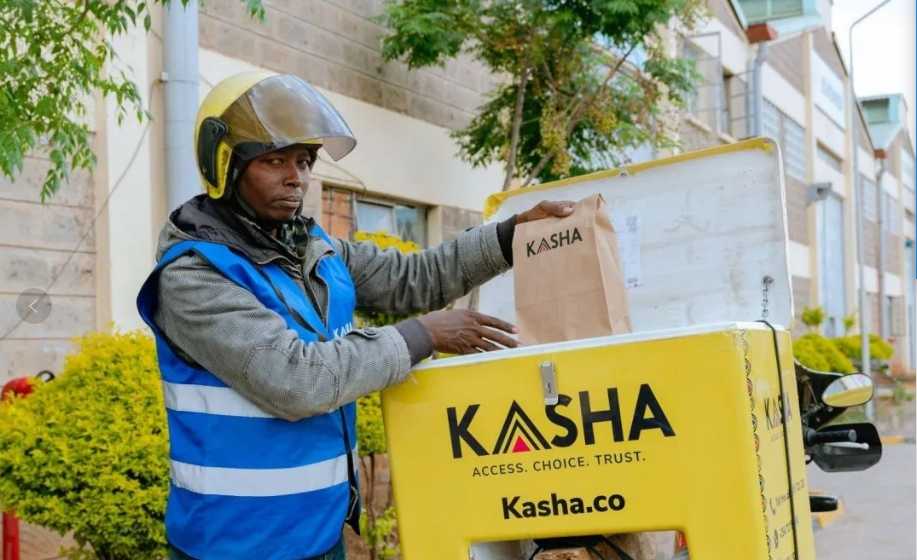Search for information
African Healthcare: Overcoming Challenges through Localized Technological InnovationsAfrican Healthcare: Overcoming Challenges through Localized Technological Innovations
April 23, 2025, 5:03 pm EDT
African Healthcare: Overcoming Challenges through Localized Technological Innovations

Source: Images from the Internet, if there is any infringement, please contact the removal of
Creating an Equal Healthcare Environment with Technology

Source: Images from the Internet, if there is any infringement, please contact the removal of

Robots and Automated Systems: Ubiquitous Forces in 2045
Robots and Automated Systems: Ubiquitous Forces in 2045more

Singapore's Intangible Cultural Heritage on UNESCO Lists
Singapore's Intangible Cultural Heritage on UNESCO Listsmore

The Dramatic Defamation Lawsuit Between Blake Lively and Justin Baldoni
The Dramatic Defamation Lawsuit Between Blake Lively and Justin Baldonimore

Australia's Groundbreaking Medical Advance in Treating Arthritis
Australia's Groundbreaking Medical Advance in Treating Arthritismore

Netflix's Chef's Table: Legends to Premiere, Honoring Culinary Icons on the 10th Anniversary
Netflix's Chef's Table: Legends to Premiere, Honoring Culinary Icons on the 10th Anniversarymore

GITEX Africa 2025: Illuminating the Future of Technology and Healthcare in Africa
GITEX Africa 2025: Illuminating the Future of Technology and Healthcare in Africamore

Thailand's Intangible Cultural Heritage on the UNESCO Representative List
Thailand's Intangible Cultural Heritage on the UNESCO Representative Listmore

Lisa's Appearance in the "Crazy Horse Show" and Its Far-Reaching Impact
Lisa's Appearance in the "Crazy Horse Show" and Its Far-Reaching Impactmore

